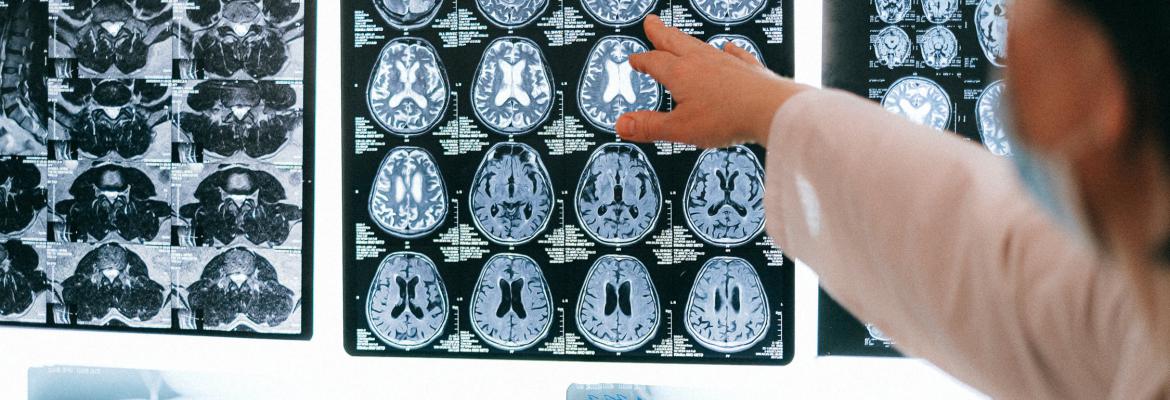Stroke Medicine in the East of England
Recent advances in stroke have made it an exciting speciality in which to work. Advances in acute care such as thrombolysis have had a major impact on patient outcome and transformed the way stroke services operate with an increasing focus on hyperacute care. Organised stroke rehabilitation care has also been shown to markedly improve outcome and this has led to the widespread creation of specialist stroke recovery units. It is now recognised that transient ischaemic attacks (TIAs) and minor strokes are associated with a high early completed stroke risk and this has led to the widespread establishment of rapid access TIA services.
Stroke is increasingly managed in specialist stroke units by a multidisciplinary group of consultants with training in neurology, healthcare of the elderly and acute medicine. In many parts of the country there has been a centralisation of stroke services with major centres hosting Regional Hyperacute Stroke Units, which provide the full range of services including intravenous thrombolysis and interventional neuro-radiological and neurosurgical procedures.
Applicants must have a national training number in one of the parent specialties:
Stroke training placements are available in four sites in the East of England. The distribution of these posts is subject to review as part of a more general review of the delivery of training in medical specialties in Health Education England's Eastern region.
There are exceptional opportunities for undertaking research in stroke medicine in the Department of Clinical Neurosciences in the University of Cambridge
Click on the interactive map to see which sites hold placements.
The Sub-specialty Stroke Programme provides a one year stroke attachment in addition to CCT training within a parent specialty- these typically are; Geriatric Medicine, Rehabilitation Medicine, Neurology, and Acute Medicine
see JRCPTB https://www.jrcptb.org.uk/specialties/stroke-medicine-sub-specialty
It is possible to enter stroke subspecialty training from Clinical Pharmacology and Cardiology also.
Due to the rapid expansion in stroke services there are excellent opportunities for career progression with large numbers of consultant posts becoming available.
